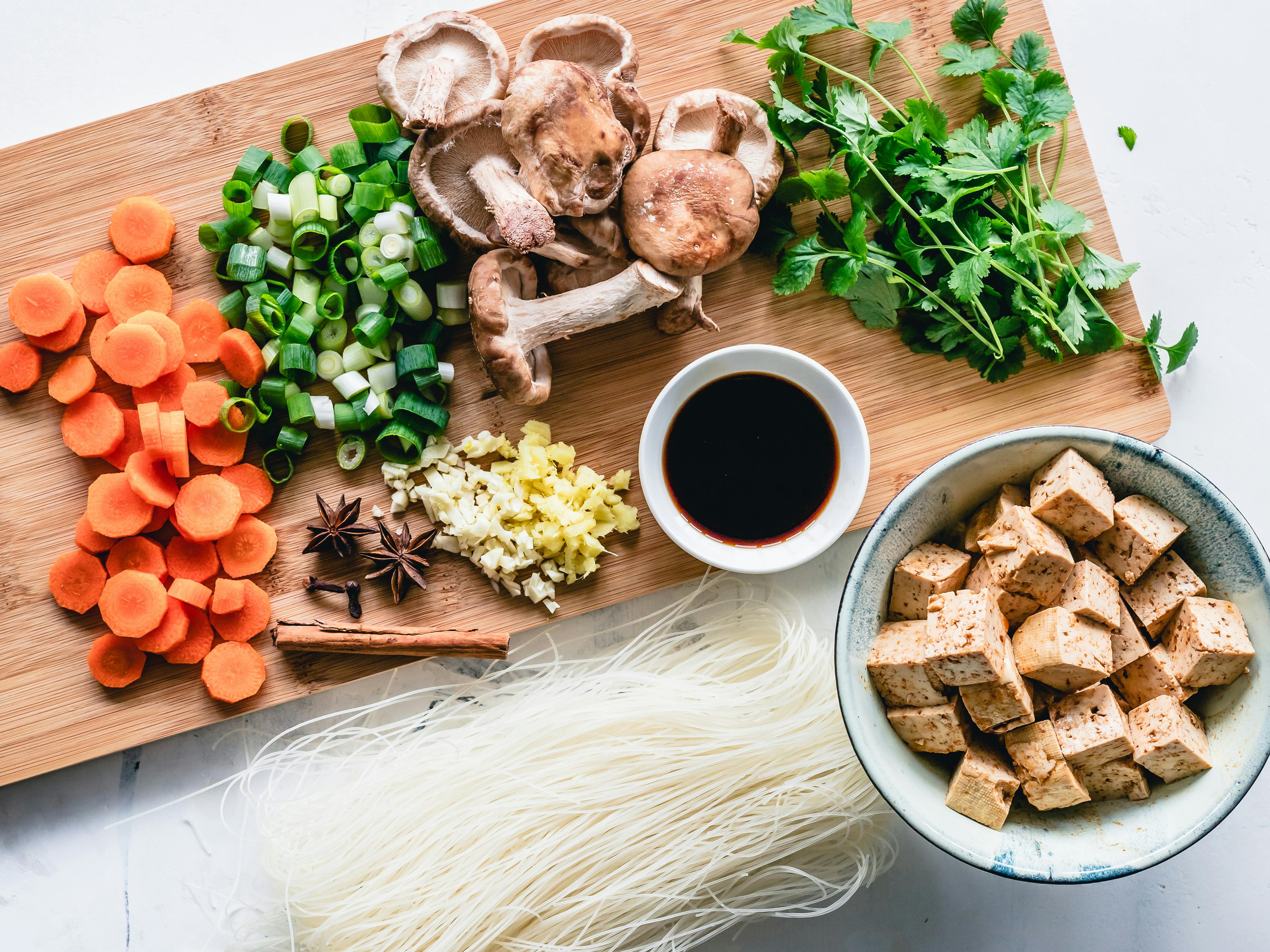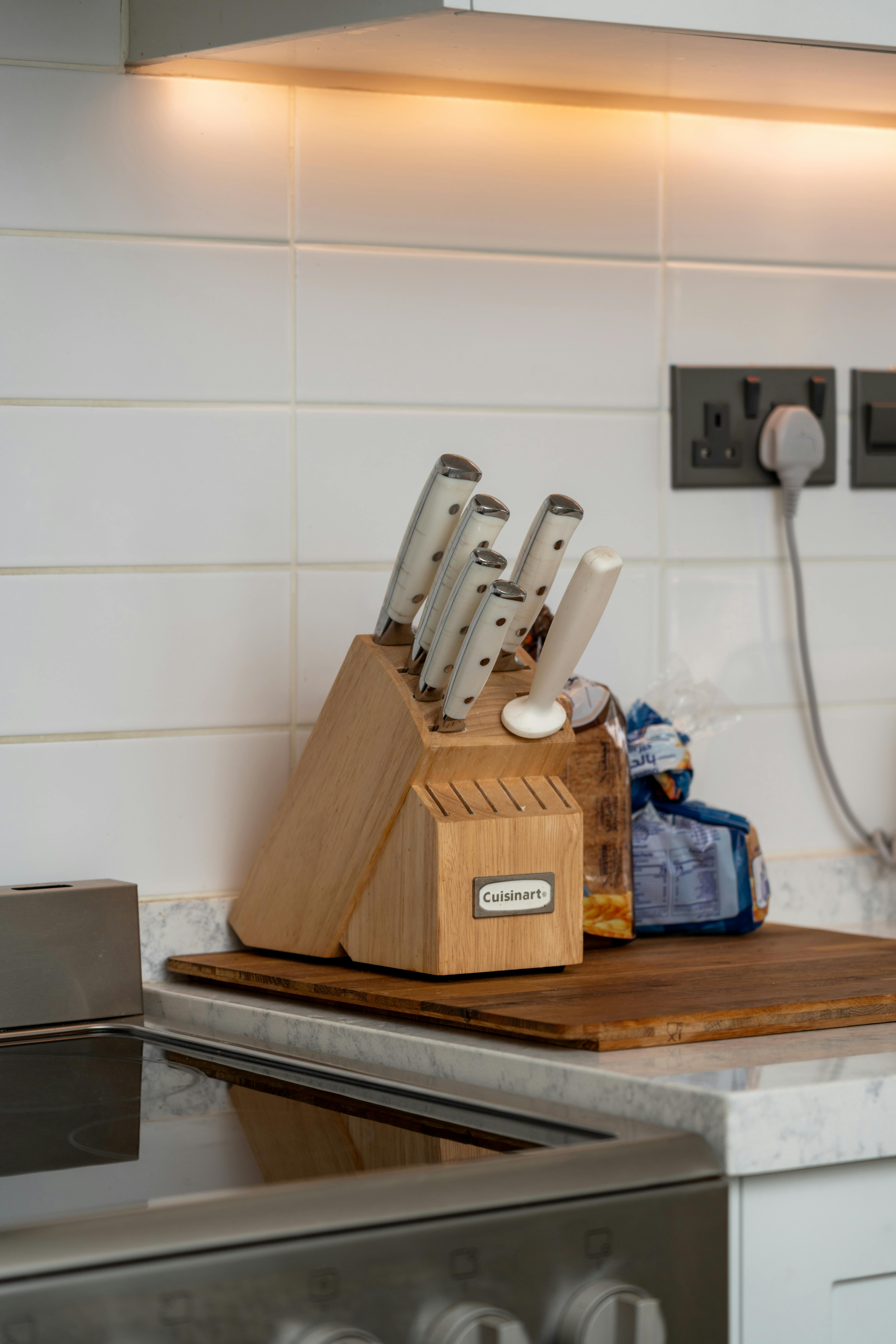2025-03-07
A well-maintained knife is one of the most important tools in any kitchen. Whether you’re a professional chef or a home cook, a sharp, well-cared-for knife makes food preparation safer, faster, and more enjoyable. However, many people unknowingly shorten the lifespan of their knives by making common mistakes in their care and maintenance. From dull blades to rust and chipped edges, these issues can be easily prevented with the right practices. Here are five common knife care mistakes and how to avoid them.
Many people unknowingly damage their knives by cutting on inappropriate surfaces. Glass cutting boards, ceramic plates, stone countertops, and even metal trays can cause excessive wear and tear on your blade. Hard surfaces like these do not absorb the impact of the knife’s edge, which causes the blade to dull quickly and can even lead to chipping or micro-fractures in the metal.

How to Avoid It: The best surfaces for cutting are wooden or plastic cutting boards. End-grain wooden boards, in particular, are gentle on knife edges because they allow the blade to sink slightly into the wood instead of resisting it. When using plastic boards, ensure they are high-quality and not excessively hard. Regularly replacing old, heavily scarred boards will also help maintain hygiene and prevent contamination.
It may seem convenient to toss your knives in the dishwasher, but this is one of the quickest ways to damage them. Dishwashers expose knives to high heat, strong detergents, and prolonged moisture—all of which can contribute to rust and corrosion. Additionally, when knives rattle around inside the machine, they can knock against other utensils and surfaces, leading to nicks and dull edges.
How to Avoid It: Always wash your knives by hand immediately after use. Use warm water, mild dish soap, and a soft sponge to clean the blade carefully. Never let knives soak in water, as prolonged exposure can cause rust to form. After washing, dry your knives immediately with a clean towel to prevent moisture from lingering on the blade. For extra protection, store your knives in a dry place away from humidity.
Improper knife storage is a major contributor to dull or damaged blades. Many people simply toss their knives into a drawer with other utensils, where the blades can rub against metal objects, leading to chips and scratches. Not only does this affect the knife’s performance, but it also increases the risk of accidental cuts when reaching into the drawer.
How to Avoid It: To protect your knives, consider storing them in one of the following ways:

Proper storage not only extends the life of your knives but also enhances safety in your kitchen.
Even the best knives will eventually dull with regular use, but using improper sharpening techniques can cause more harm than good. Many people rely on pull-through sharpeners, which can strip away too much metal unevenly, reducing the lifespan of the blade. Others may use a honing rod incorrectly, mistaking it for a sharpening tool.
How to Avoid It: Understanding the difference between honing and sharpening is key to maintaining a sharp edge:
Moisture is one of the biggest enemies of knives, particularly for high-carbon steel blades that are more susceptible to rust. Leaving knives wet after washing or storing them in a damp environment can lead to corrosion, weakening the blade over time. Even stainless steel knives, while more resistant to rust, are not completely immune to moisture damage.
How to Avoid It: Always dry your knives thoroughly immediately after washing. Use a soft, absorbent cloth or paper towel to remove all moisture from the blade and handle. If you live in a humid environment or have high-carbon steel knives, consider applying a thin layer of food-safe mineral oil to the blade to create an extra barrier against moisture. Store knives in a dry place and avoid leaving them in sinks or dish racks where water can accumulate.
Caring for your knives properly is a small effort that pays off significantly in the long run. Avoiding these five common mistakes will not only prolong the lifespan of your knives but also ensure that they remain sharp, safe, and effective for years to come. A well-maintained knife makes food preparation smoother and safer, allowing you to enjoy cooking without frustration.
Still curious? Check out our Ultimate Guide to Knife Sharpening.
P.s. If you’re in Singapore and need professional sharpening, feel free to visit our knife sharpening service! We offer precision sharpening for all types of knives, ensuring your blades stay razor-sharp.
We are currently only operating in Singapore. Our next pick up will be on Saturday, Apr 26, 2025.